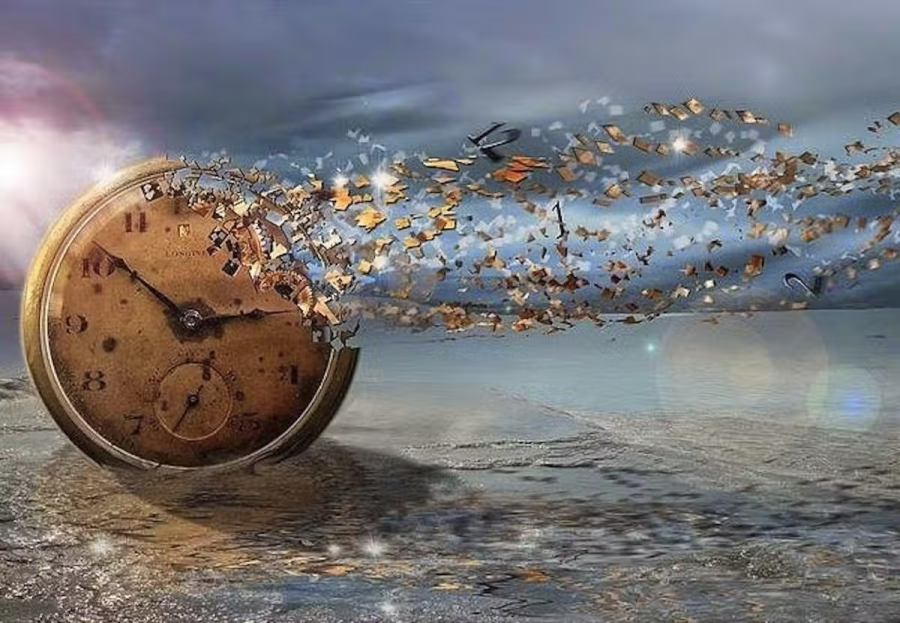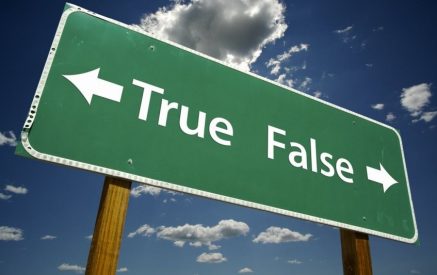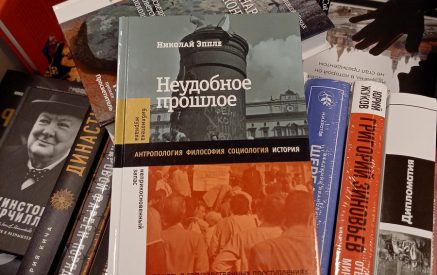Should we accept that our behavior is also shaped by the past — or pretend that we were just born anew?
I ask myself a question that may seem abstract or purely “philosophical” at first glance, but in fact, it is directly connected to our current reality. Do I, on this planet, represent only myself — or also, for example, my parents, my ancestors? Or perhaps those few people who think the way I do?
The question is relevant for the following reason: if I represent only myself, then I have chosen everything — my nationality, my religion, my gender, my body — and I am free to change all of these at will, even several times. Today I am a Christian, tomorrow a Buddhist, the next day a Muslim. Or today I am a man, tomorrow a woman, and later “partly” a woman, “partly” a man. Or even a dog. What, in this view, prevents me from not being human at all?
According to that way of thinking, there is nothing behind me, nothing before me. Nothing obliges me to be a man, an Armenian, or — if you’ll allow the “bad word” — an intellectual. By that logic, my personal story began at the “zero point,” say, in 1960. Before that, nothing existed — for example, the books written before me have no existence.
Read also
Of course, education is important — but only for “making money.” The more you study, the richer you become; if you don’t, you’ll remain poor. In every other sense, according to “modern education,” knowledge and culture are a burden that restricts my freedom.
Personally, I cannot live by such a “modern” creed. I constantly look back — to the standards and measures that existed before me. I may reject some of them; I may review and reinterpret others, explaining why. But to take all of them — and, with anger and aggression, throw them into the garbage — no, that I cannot do.
If I myself did not begin from a “zero point,” then my country — all the more so — did not. For a person, we mark a birth date merely as a formality. But what is Armenia’s “zero point”? 1918? 1920? 1991? If we choose any one of those, then perhaps we can agree with today’s Bolsheviks and say that nothing existed before 2018.
Yet, in truth, throughout our five-thousand-year history, there have been many such “points.” And again we must ask: should we take those into account in our behavior — or should we pretend every day that we have just been born?
Already in the 1950s, the German philosopher Martin Heidegger wrote about the absolutization of the present — of what simply is. The subject rejects the past for the sake of the present. Nothing determines him any longer. The subject chooses everything himself and, at this very moment, shapes his soul — and even, as we now know, his body.
Here the philosopher introduces the notion of “revenge.” The subject takes revenge on the past — destroying it, erasing everything that prevents him from being his own cause. But when the past is forgotten, there is no real choice in the present either: one moves along a predetermined path. There is no future then — only a continuation of the present.
That, in my view, is where the aggression and rejection of the past come from — the unbelief, the cynicism typical of the periods of Bolshevik “flare-ups.” And it makes little difference which kind of Bolsheviks have risen — “socialist” or “liberal,” as now. What matters is the obsession with starting from the “zero point.”
And how does it all end?
Of course — with disaster.
A disaster, unfortunately, that cannot be stopped.
Aram ABRAHAMYAN






















































